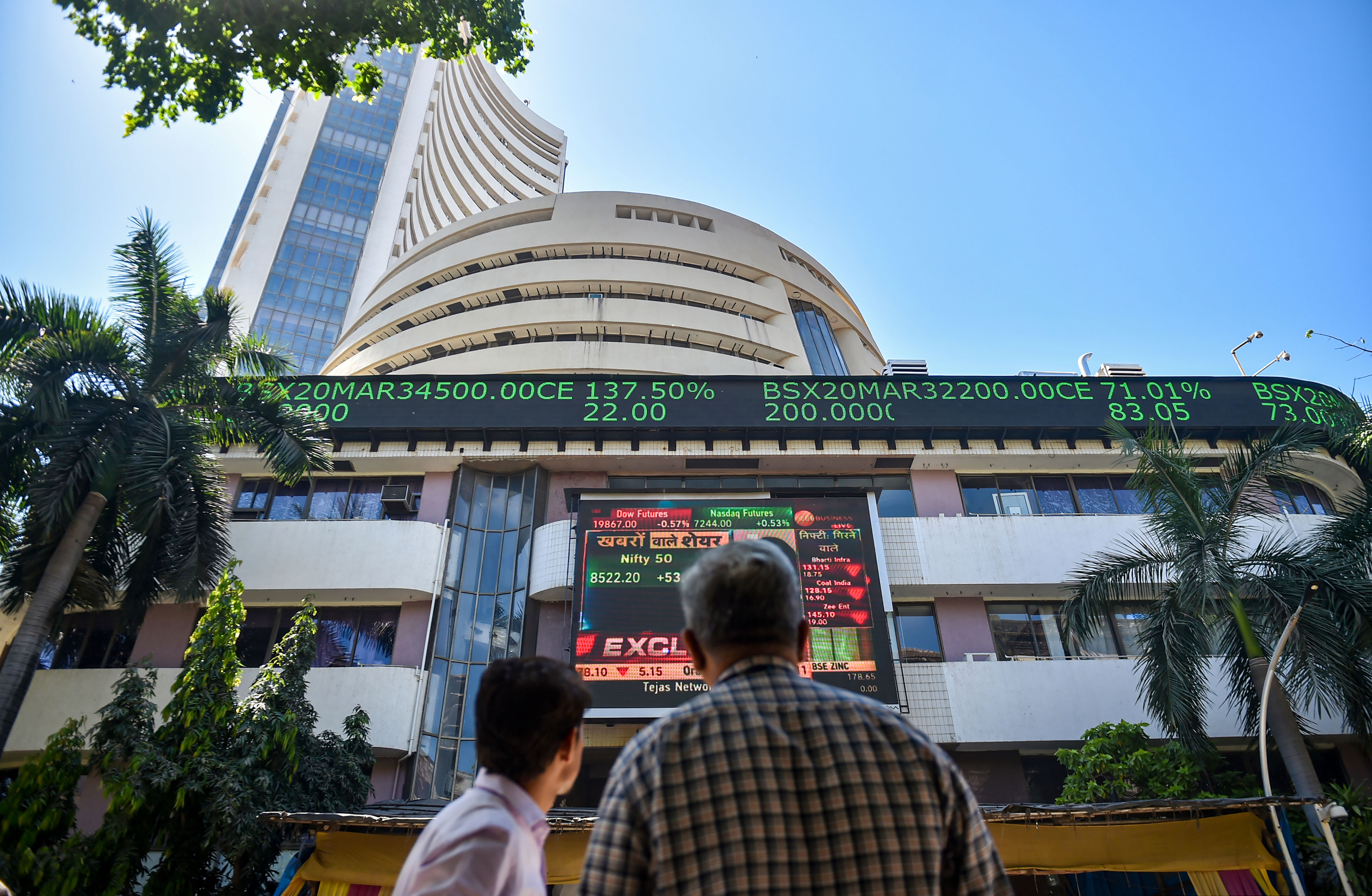WTO to extend customs duty moratorium on e-commerce trade
Certain developing countries were earlier opposed to the move, but as the conference chair and UAE Minister Thani bin Ahmed Al Zeyoudi shares a healthy relation with India, it was decided to extend the moratorium
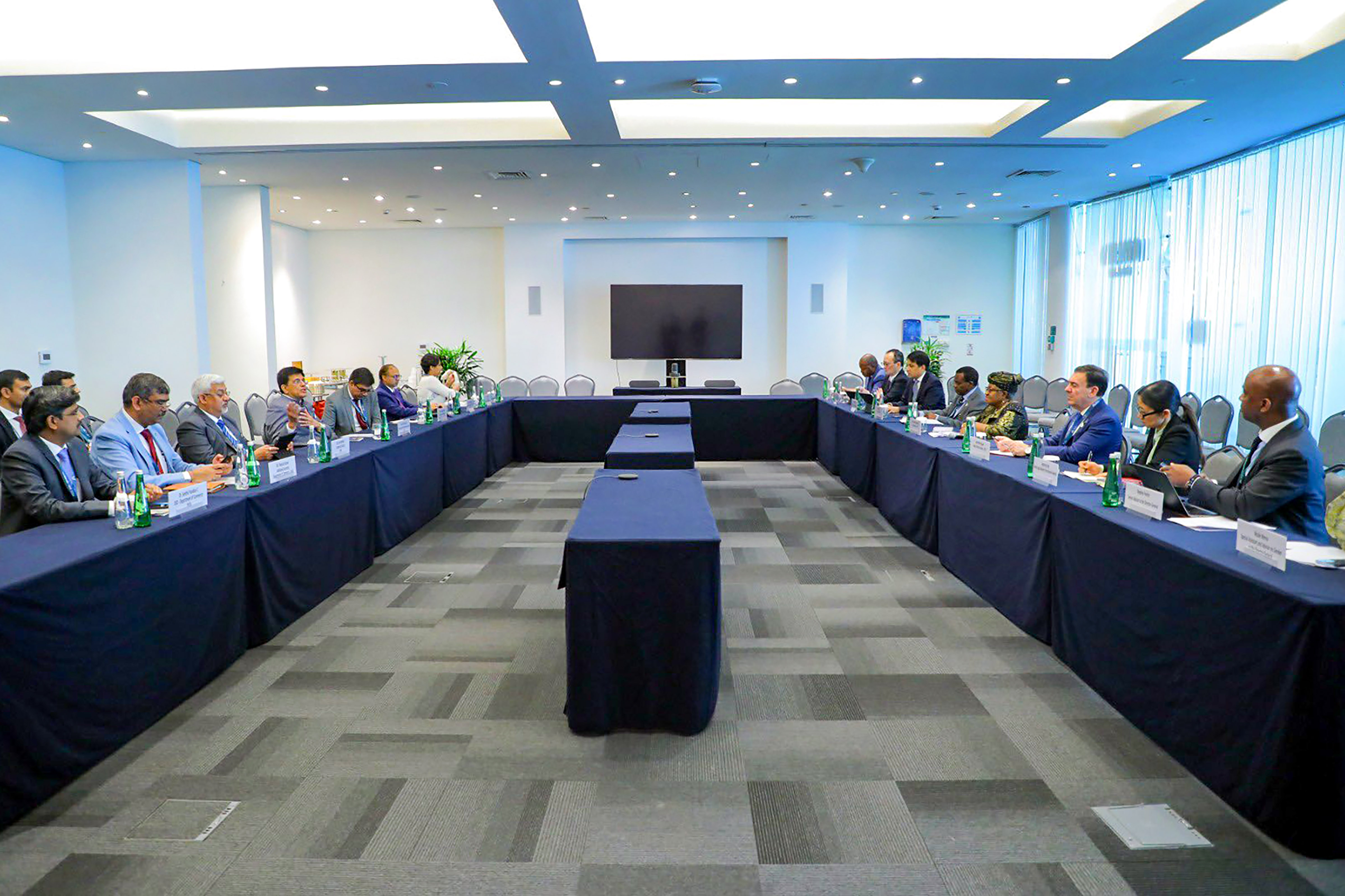
Abu Dhabi, 1 Mar
The WTO members including India on
Friday agreed to extend the moratorium on imposing customs duties on e-commerce
trade for two more years, till the next ministerial conference of the World
Trade Organisation in 2026, sources said.
Certain developing countries were
earlier opposed to the move, but as the conference chair and UAE Minister Thani
bin Ahmed Al Zeyoudi shares a healthy relation with India, it was decided to
extend the moratorium, they said.
India has earlier emphasised on the
need to discuss the scope of the duty moratorium as there are revenue
implications because of it.
As per estimates, the potential
tariff revenue losses to developing countries are about USD 10 billion every
year. For India, it could be over USD 500 million annually.
The World Trade Organisation (WTO)
members have agreed not to impose customs duties on electronic transmissions
since 1998 and the moratorium has been periodically extended at successive
ministerial conferences (MC), which is the highest decision-making body of the
166-member body.
India and South Africa on several
occasions have asked the organisation to revisit the issue and have highlighted
the adverse impact of the moratorium on developing countries.
India is witnessing a rise in
imports of electronic transmissions, mainly of items like movies, music, video
games and printed matters, some of which could fall within the scope of the
moratorium.
While the profits and revenues of
digital players are rising steadily, the ability of the governments to check
these imports and generate additional tariff revenues is being limited because
of the moratorium.
Developed countries such as the US,
Australia, and Japan want an extension of the moratorium.
Leave a Reply
Your email address will not be published. Required fields are marked *









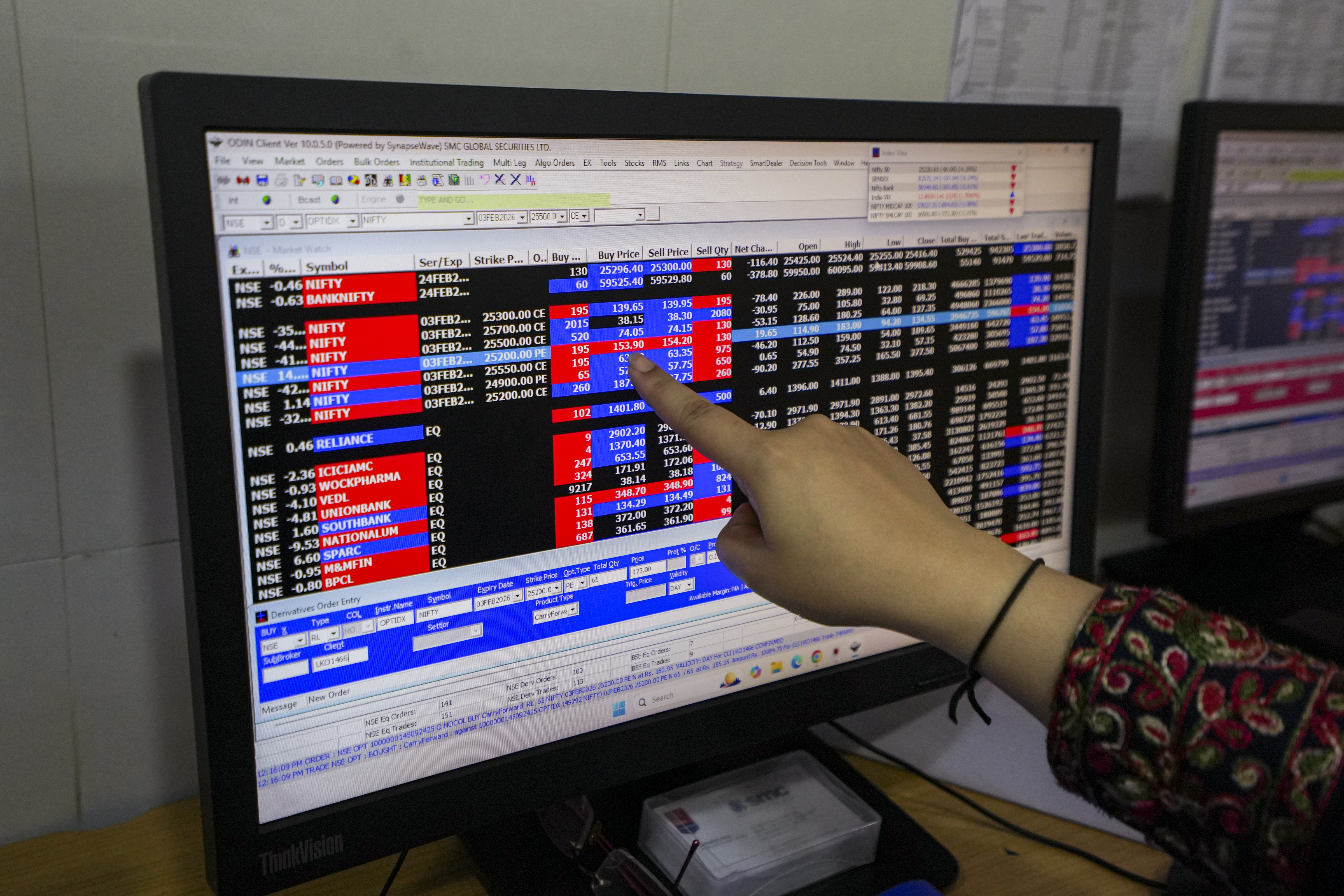
.png)
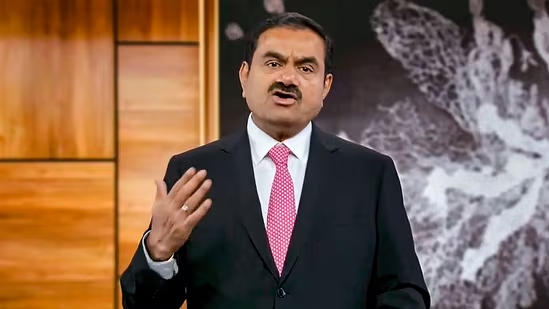



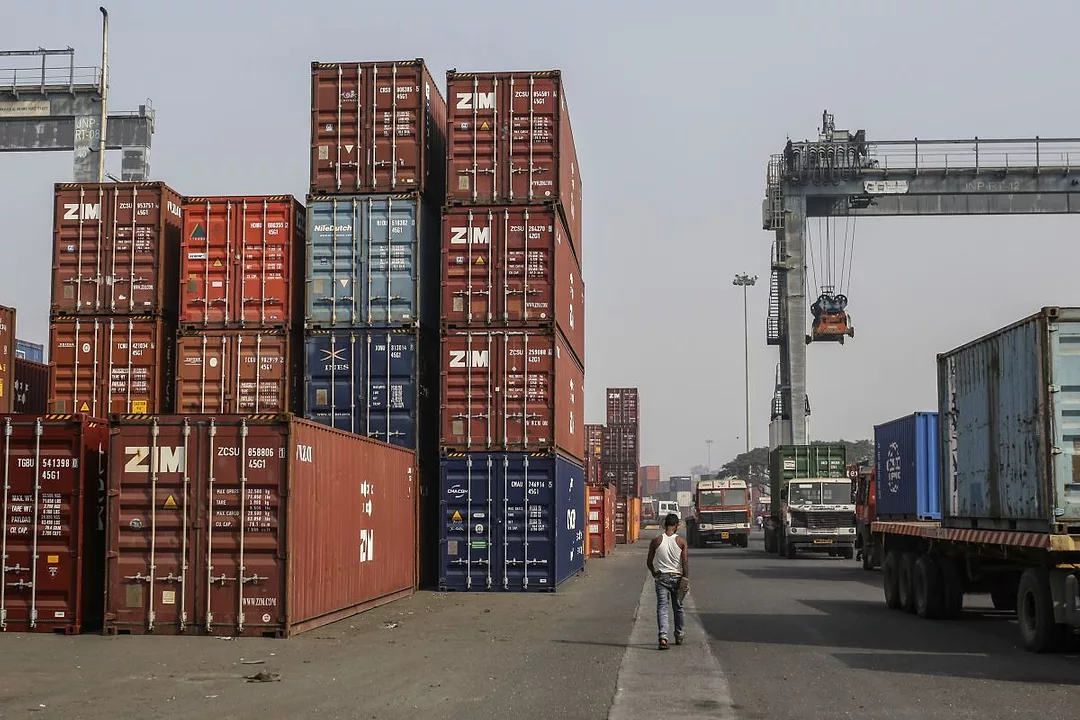
.png)

